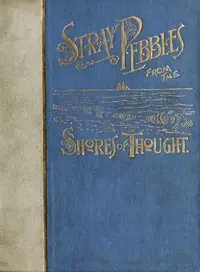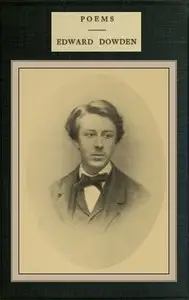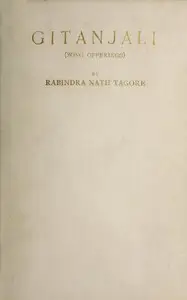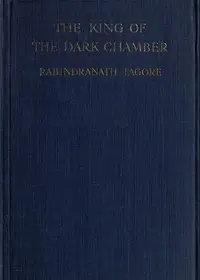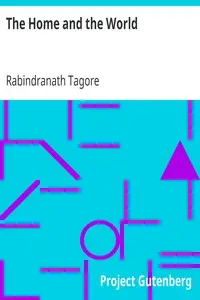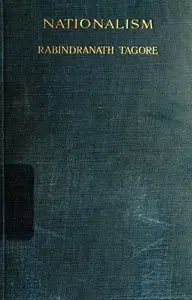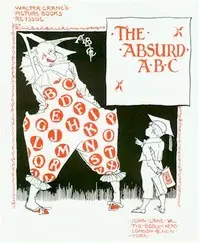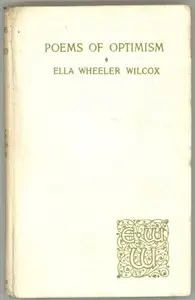"Stray Birds" by Rabindranath Tagore is a collection of short poems from the early 1900s, focusing on elements of nature, affection, the journey of living and what it means to be human, all written in Tagore's unique style. The book encourages people to think about how beautiful mixed with how puzzling living can be, using strong images and thoughtful ideas. Tagore's uses plain, but meaningful language to share insightful ideas and emotional honesty. Each poem holds inside it feelings of missing someone or something, fondness, and looking inside one's self, often giving human qualities to details of nature to look at experiences everyone has. The poems show a smooth mix between joy and sadness, pushing those reading to acknowledge the quickly passing parts of being alive and how everyone and everything is connected.

Stray Birds
By Rabindranath Tagore
Experience life's beauty and heartache through short, insightful verses that capture love, loss, and the world around us.
Summary
About the AuthorRabindranath Tagore was a Bengali poet, writer, playwright, composer, philosopher, social reformer, and painter of the Bengal Renaissance. He reshaped Bengali literature and music as well as Indian art with Contextual Modernism in the late 19th and early 20th centuries. Author of the "profoundly sensitive, fresh and beautiful" poetry of Gitanjali, in 1913 Tagore became the first non-European and the first lyricist to win the Nobel Prize in Literature. Tagore's poetic songs were viewed as spiritual and mercurial; where his elegant prose and magical poetry were widely popular in the Indian subcontinent. He was a fellow of the Royal Asiatic Society. Referred to as "the Bard of Bengal", Tagore was known by the sobriquets Gurudeb, Kobiguru, and Biswokobi.
Rabindranath Tagore was a Bengali poet, writer, playwright, composer, philosopher, social reformer, and painter of the Bengal Renaissance. He reshaped Bengali literature and music as well as Indian art with Contextual Modernism in the late 19th and early 20th centuries. Author of the "profoundly sensitive, fresh and beautiful" poetry of Gitanjali, in 1913 Tagore became the first non-European and the first lyricist to win the Nobel Prize in Literature. Tagore's poetic songs were viewed as spiritual and mercurial; where his elegant prose and magical poetry were widely popular in the Indian subcontinent. He was a fellow of the Royal Asiatic Society. Referred to as "the Bard of Bengal", Tagore was known by the sobriquets Gurudeb, Kobiguru, and Biswokobi.

